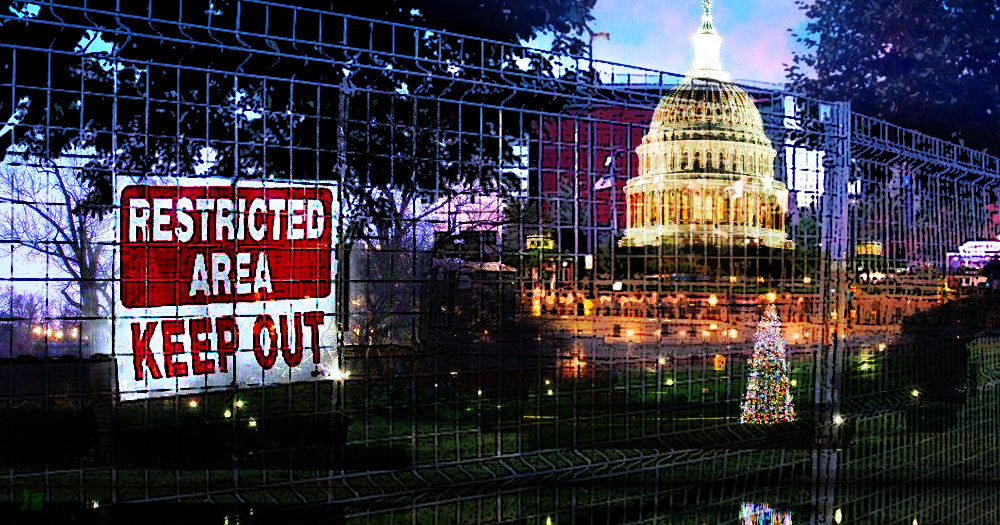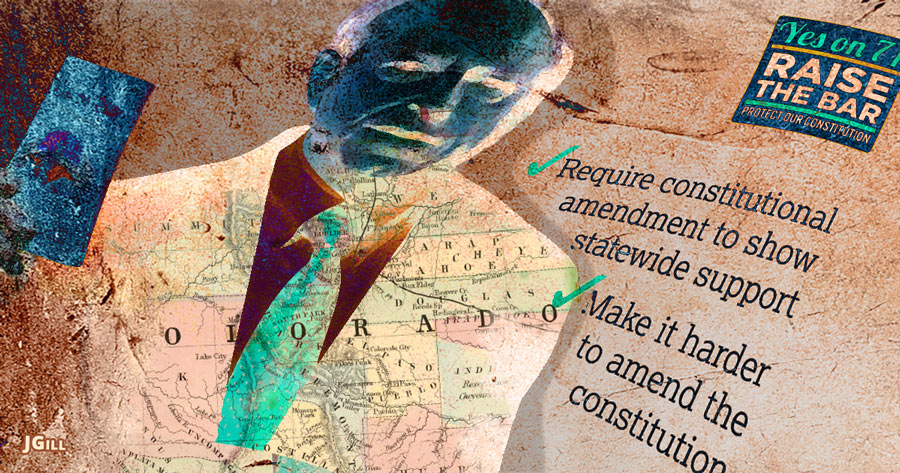Two propositions on this November’s California ballot, Propositions 8 and 11, have found an opponent.
“Both would have voters decide very narrow union-management conflicts in two relatively small medical service sectors,” explains Dan Walters, long the dean of California columnists. Unions are sponsoring Prop 8, which “purports to limit profits in clinics that provide dialysis treatments to sufferers of kidney failure.” Ambulance companies are behind Prop 11, which would “require ambulance crews to remain on call during meal and rest breaks.”
Walters thinks it “foolish to expect November’s nine-plus million voters to make even semi-informed decisions about their provisions, much less understand how dialysis clinics and ambulance services operate, or should operate.”
Well, yes, but this criticism applies to government universally. Legislators don’t understand how every business or industry functions, or should function, either. Even when politicians pretend to comprehend, by what right do they micromanage other people’s businesses and labor contracts?
Freedom, not government regulation, should be the default position.
But Walters’ fix runs against this logic. He thinks that upping the required percentage of signatures for ballot placement “by half … might discourage the misuse of the system for issues that cannot be fairly and rationally decided by voters.”
Don’t bet on it.
As Walters himself admits, making it tougher and more expensive to petition a measure onto the ballot won’t block the well-heeled: “any interest group with a few million bucks and an axe to grind can qualify a ballot measure, regardless of their merits.”
But it would disenfranchise grassroots groups.
Defeat bad measures; don’t destroy the democratic process.
This is Common Sense. I’m Paul Jacob.










